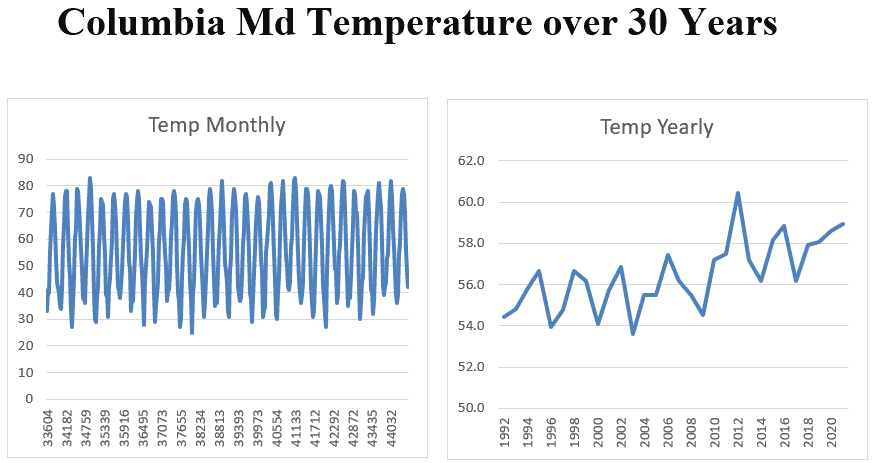Language and Pattern-Matching
Following up on the comment: 99% of all brain activity is not directly connected to the outside world. That portion of the brain is used in processing senses into personal meaning.

The human brain has developed a special capability to help it handle our manipulation of the external world—language. Names and relations are culturally defined patterns. Words name most of the categories we use to organize our world. In neural network terms, words are the names of the situations and patterns we experience and use the most. Syntax and grammar are methods we use to describe time and sequential relationships between patterns, events, and our experience of them.
Closely linked to language is logic. The recognition that certain combinations of events are related can be expressed in language. They can form patterns, not inevitably linked, but often associated. Our brains learn to recognize these relationships between events and give to us names like AND, OR, IF-THEN, etc.
In a broad way, scientists have located most language generation and logic in one hemisphere (usually the left), while the other hemisphere handles spatial and intuitive processing (pattern-matching). Of course, the normally functioning human brain exchanges information between hemispheres regularly across the corpus callosum.
Everyone need to respond immediate to some situations, while in other cases, they can take their time and select choices that may take time and specific sequences of actions to achieve success. Fir instance, though accountants may favor rule-driven left hemisphere responses; nonetheless, they still need to react to immediate challenges. Similarly, creative artists may want to respond with their intuitive grasp of the situation, they prosper more when they plan for the future.


